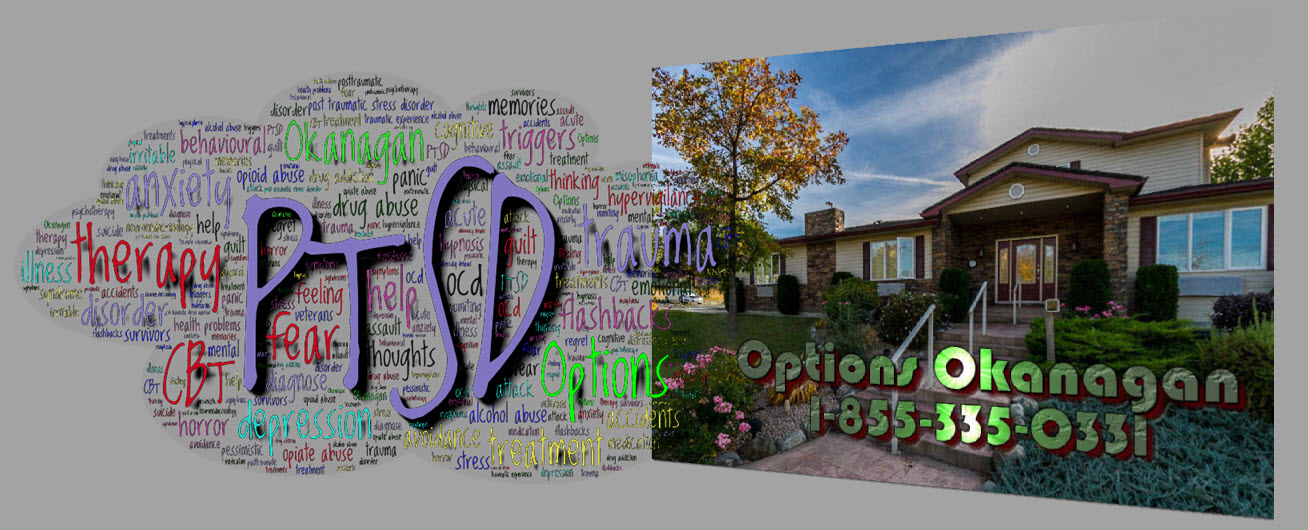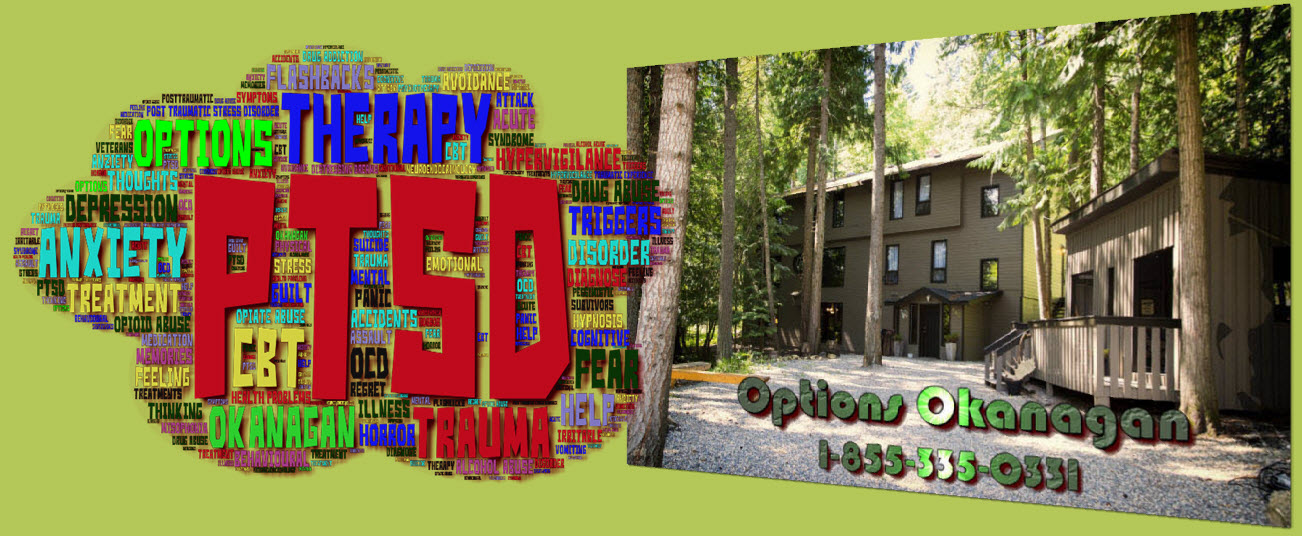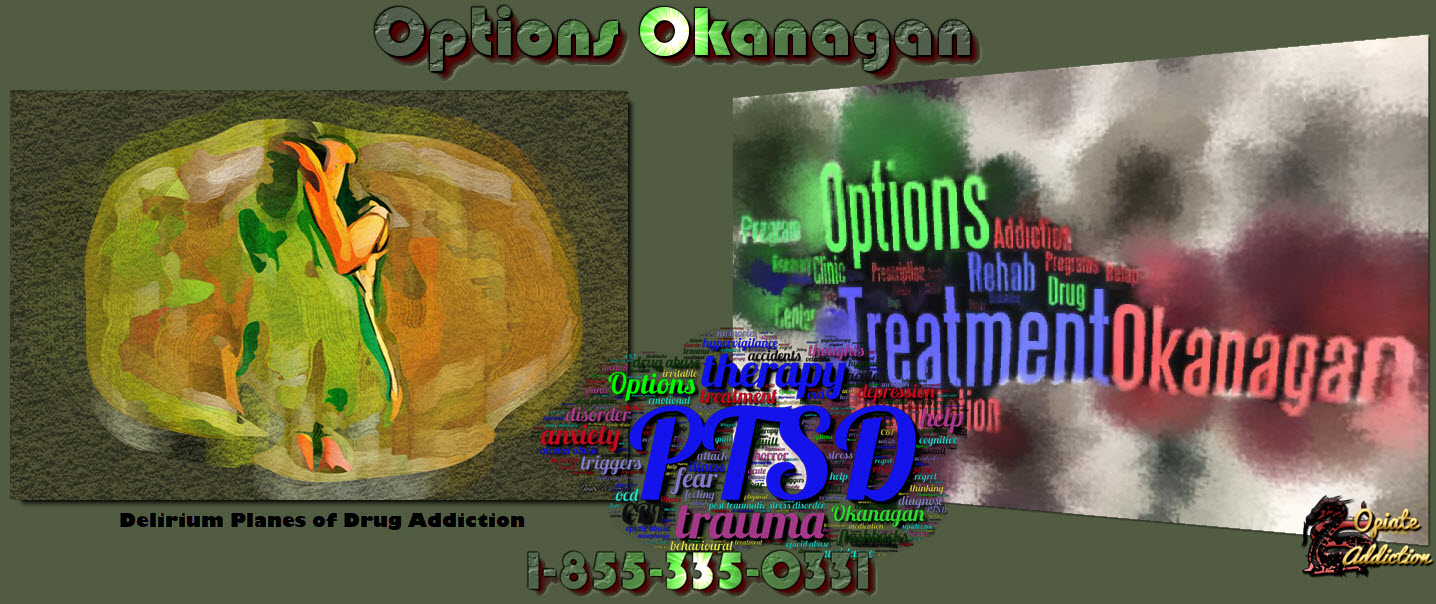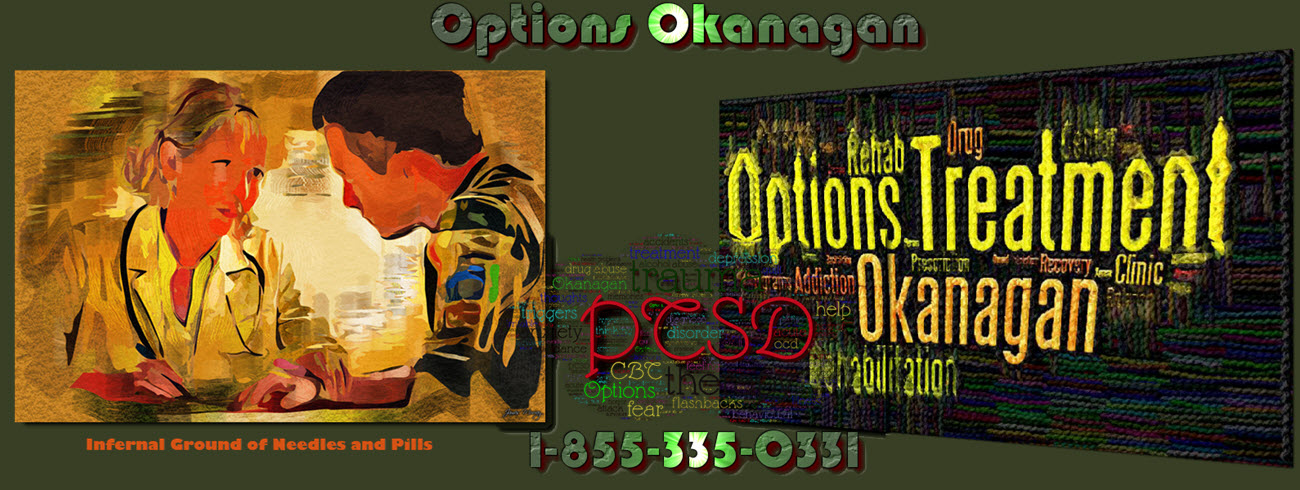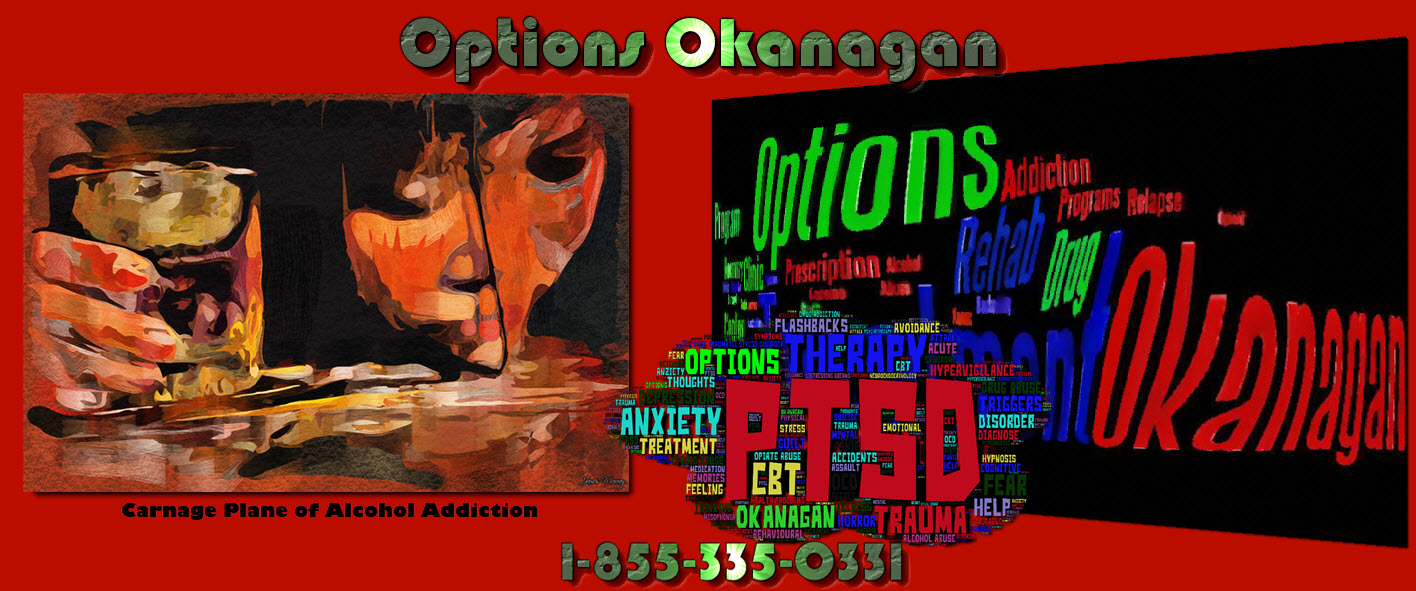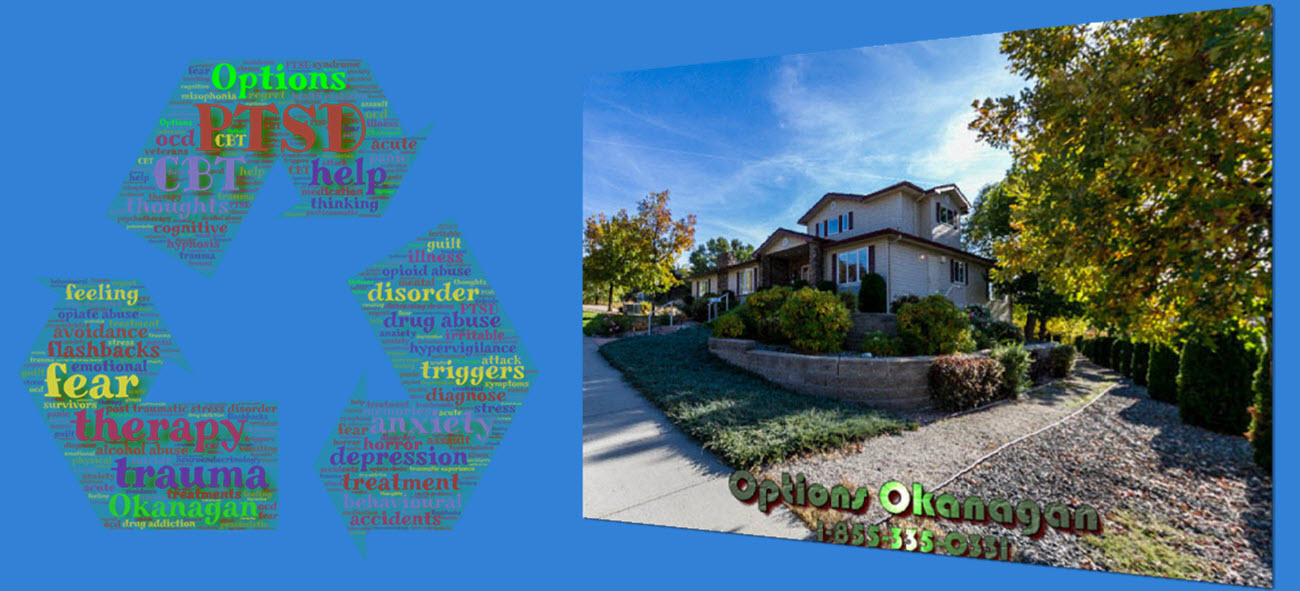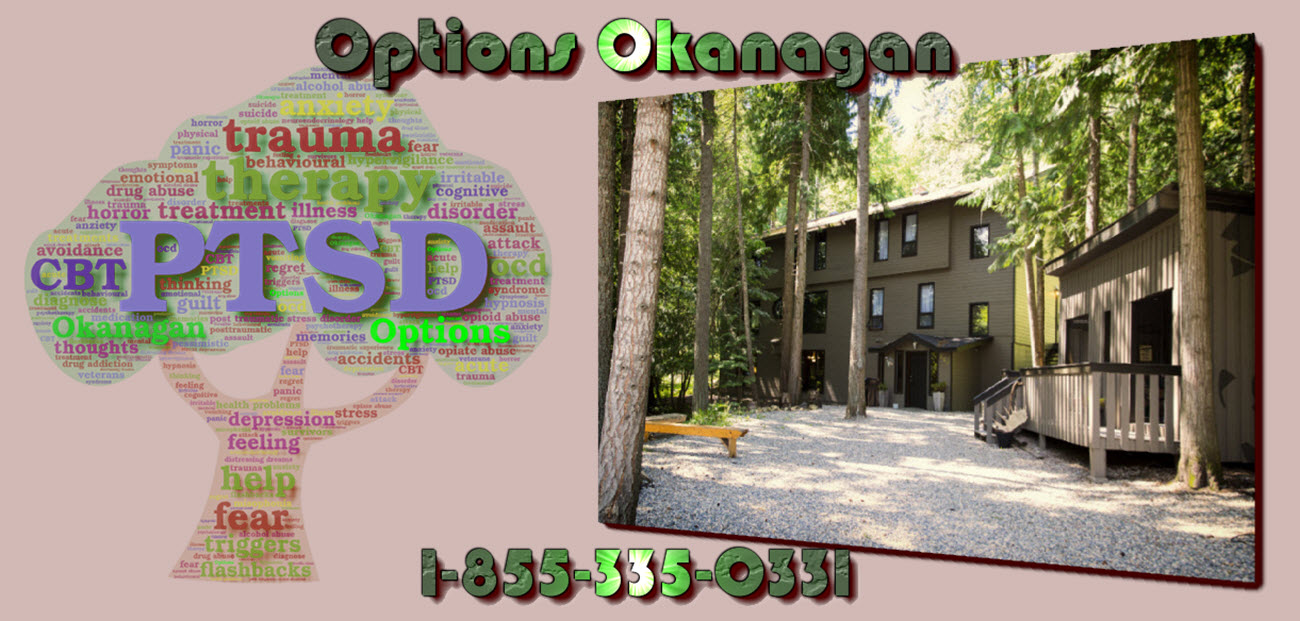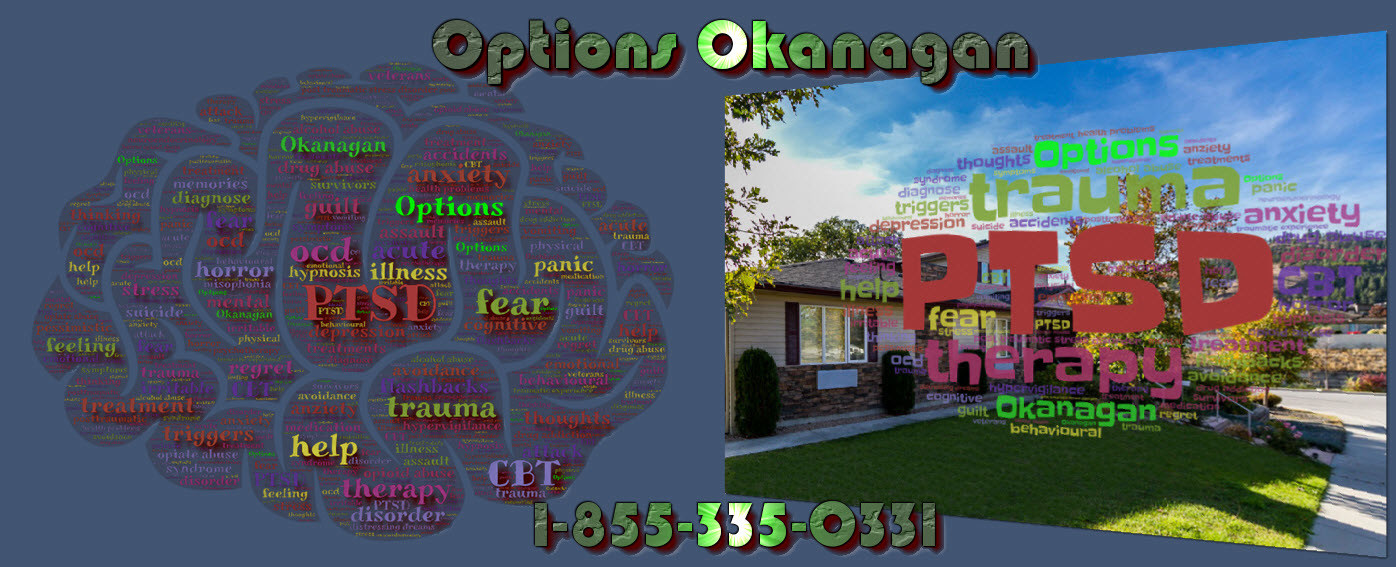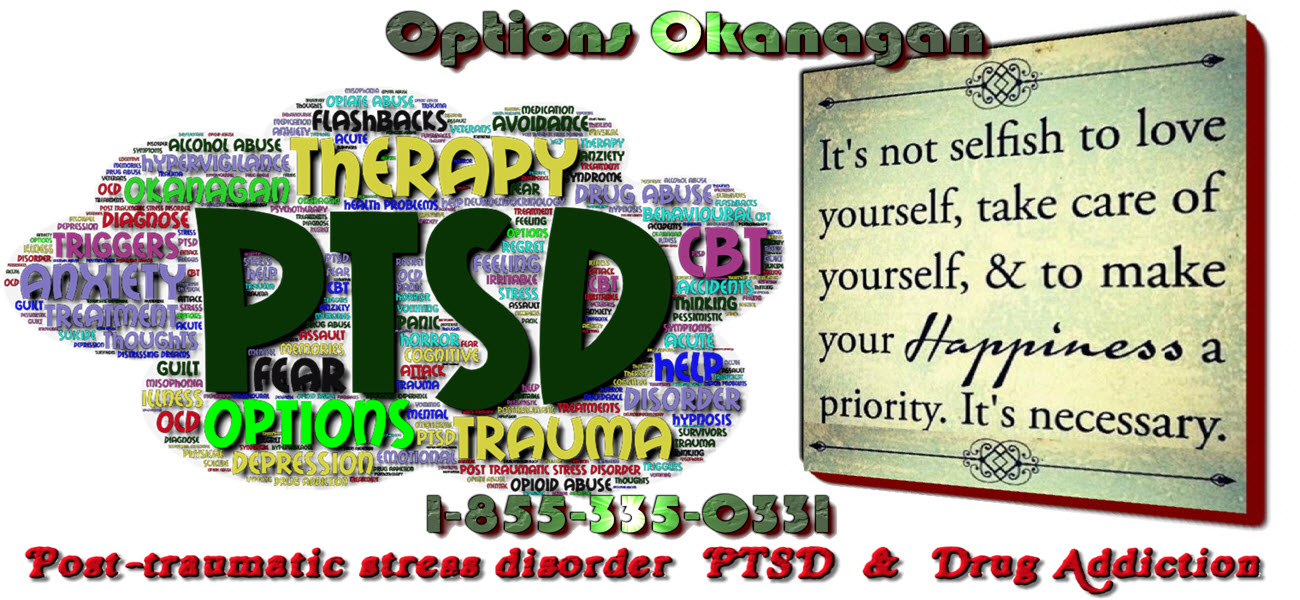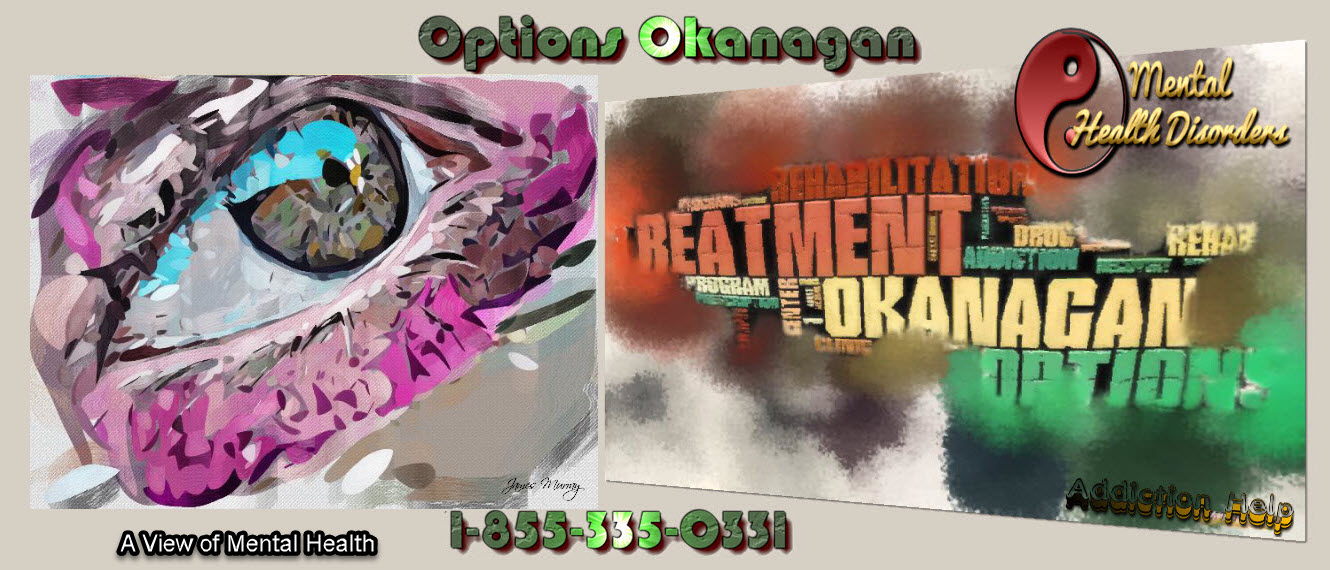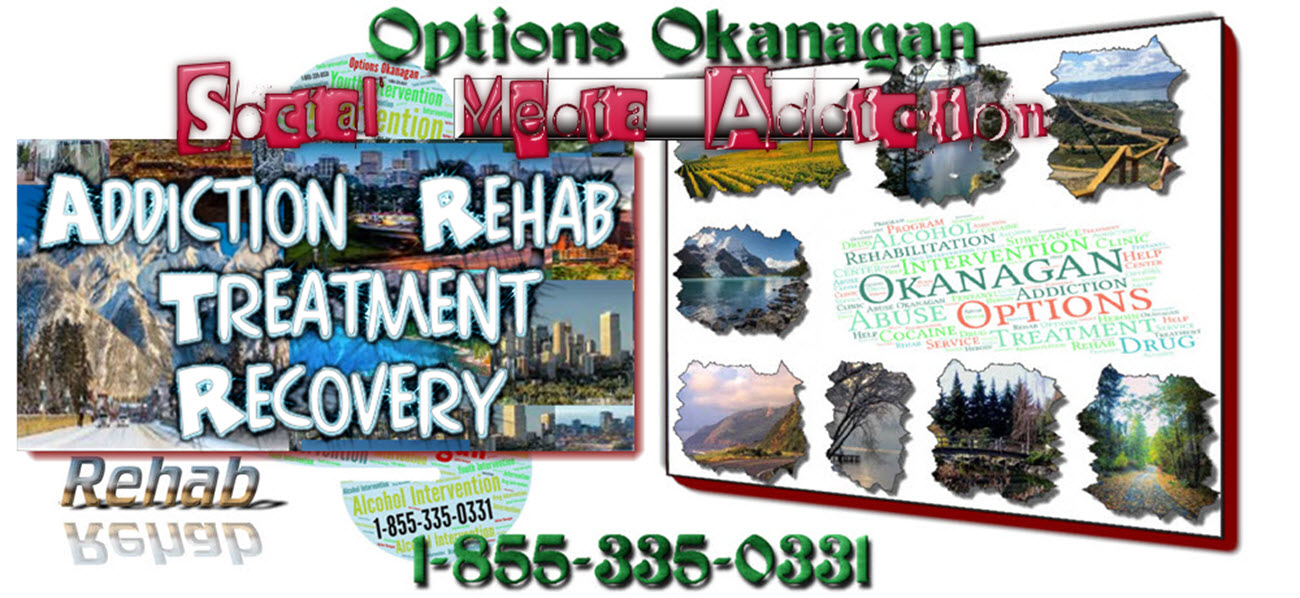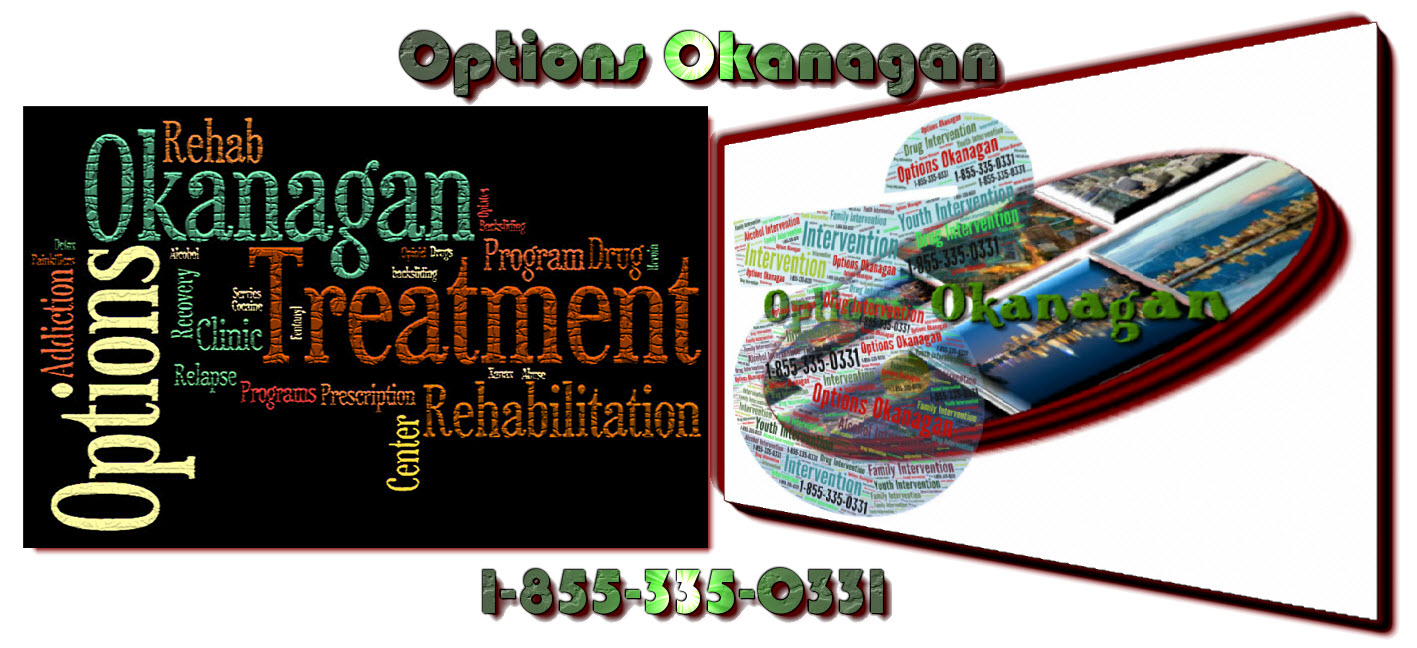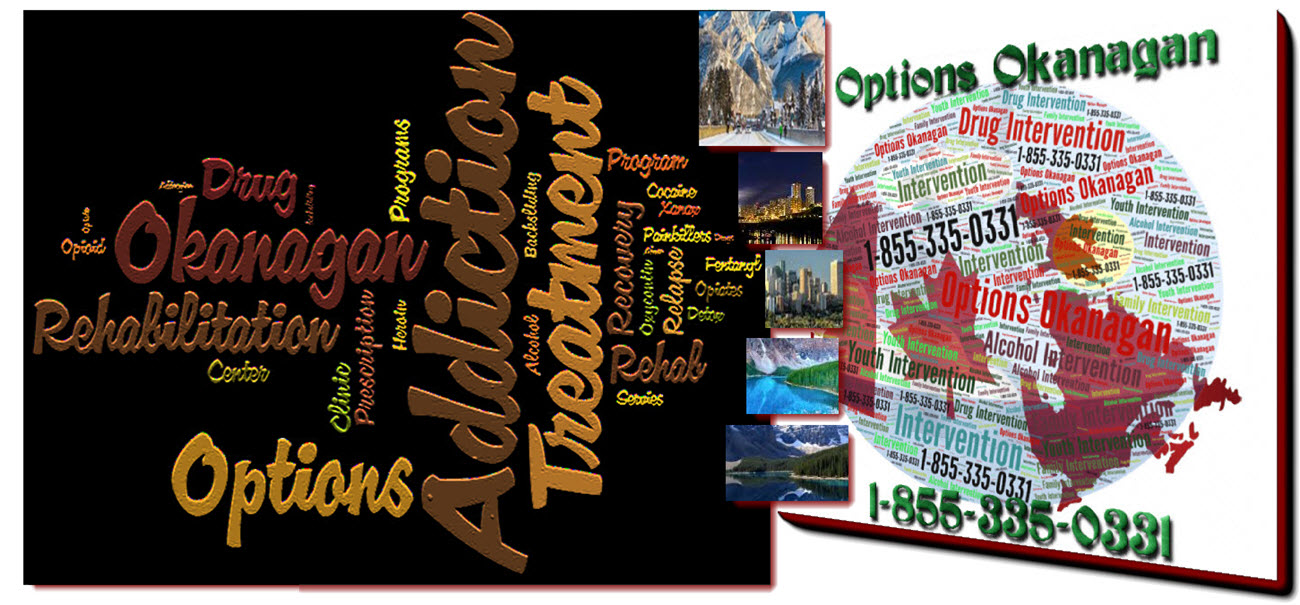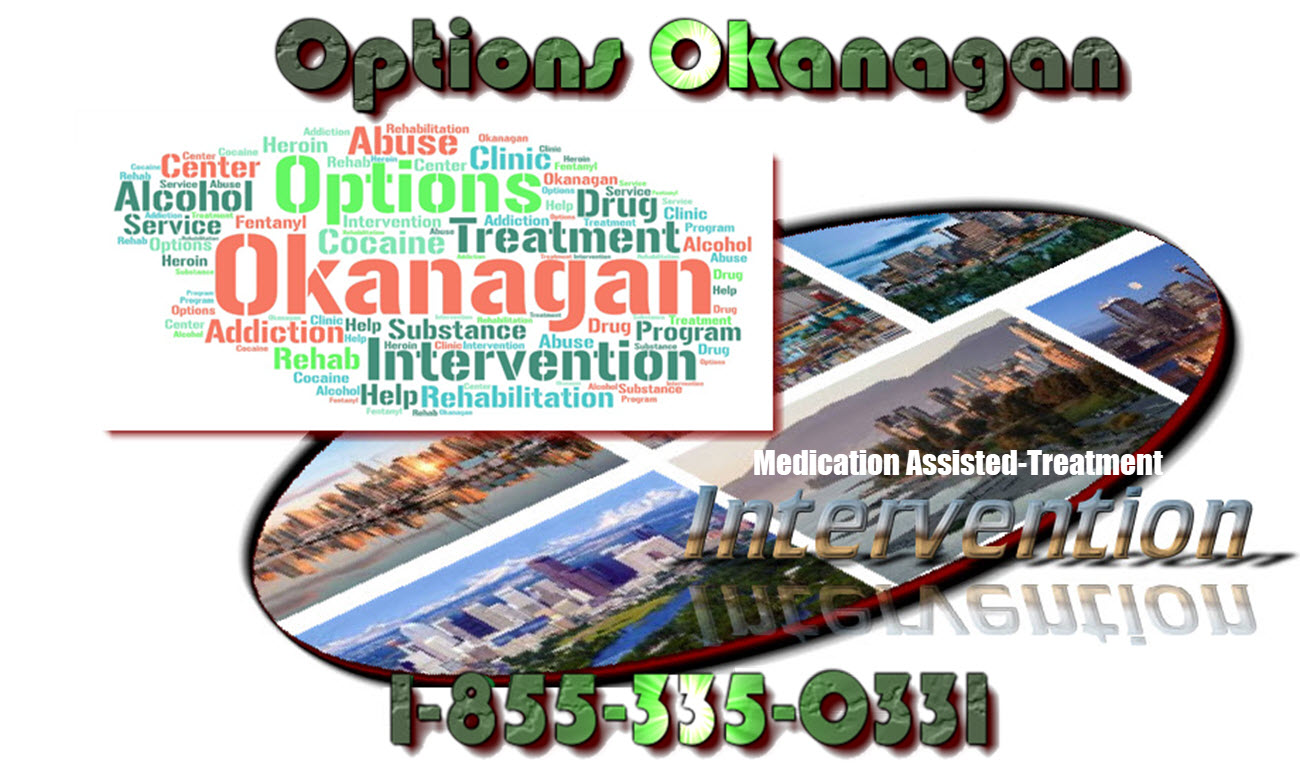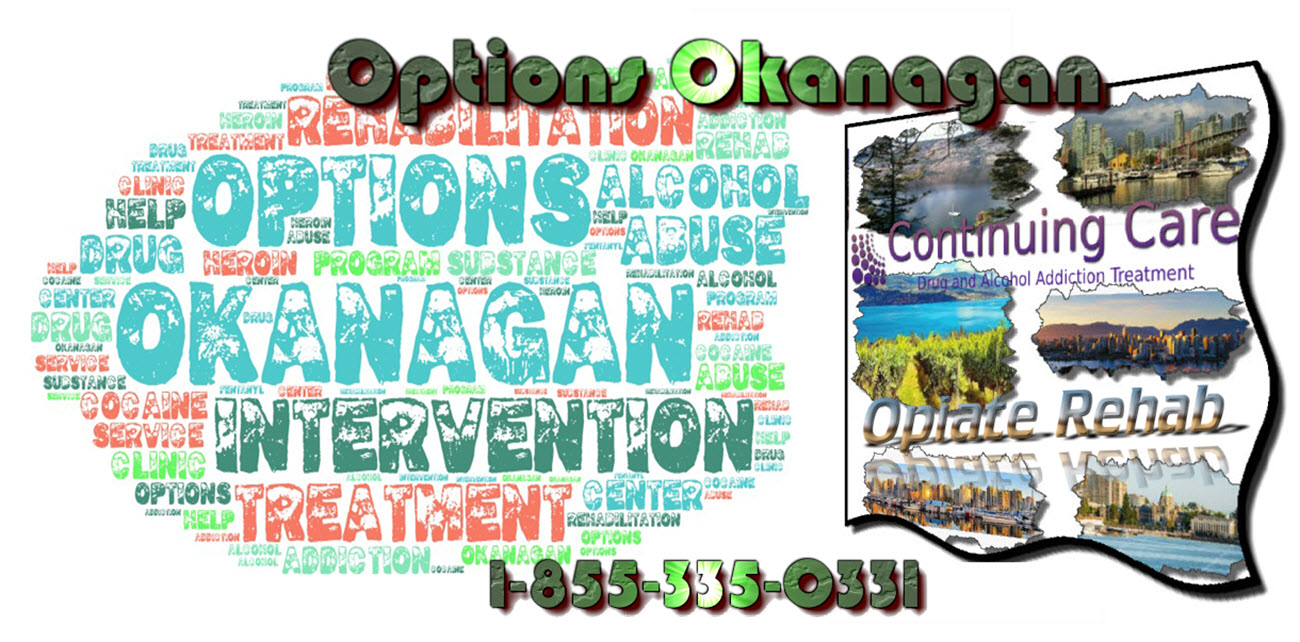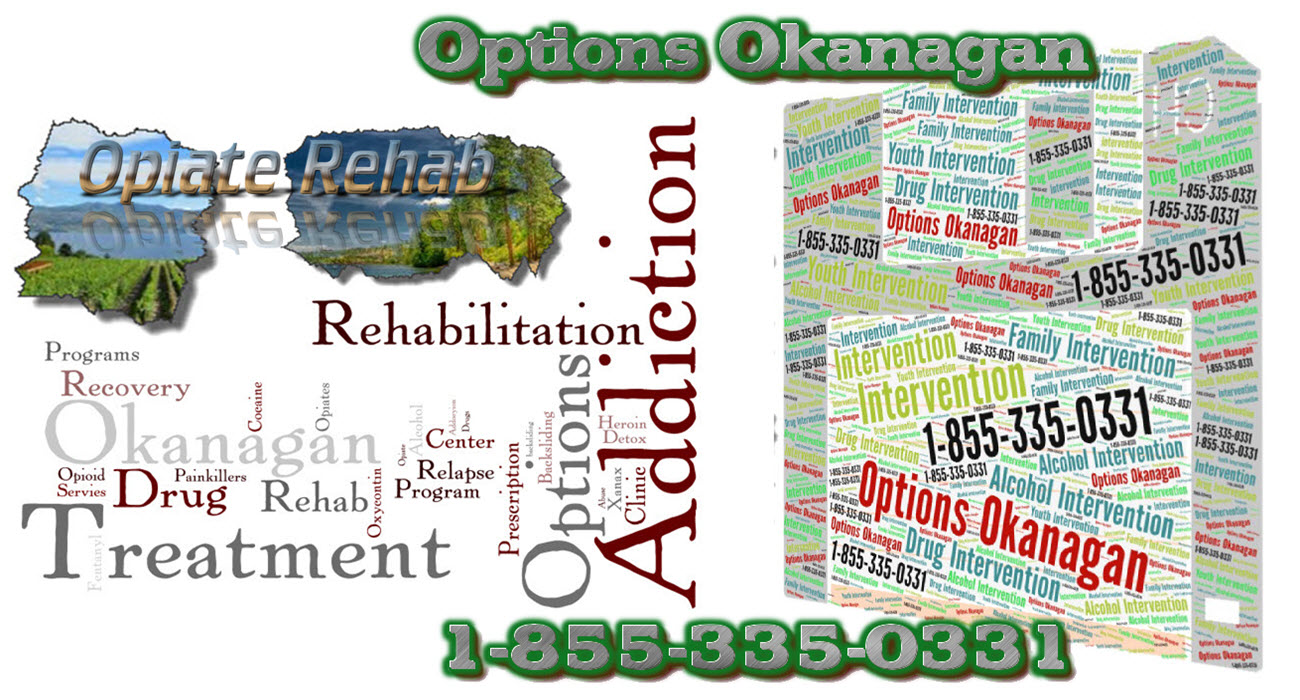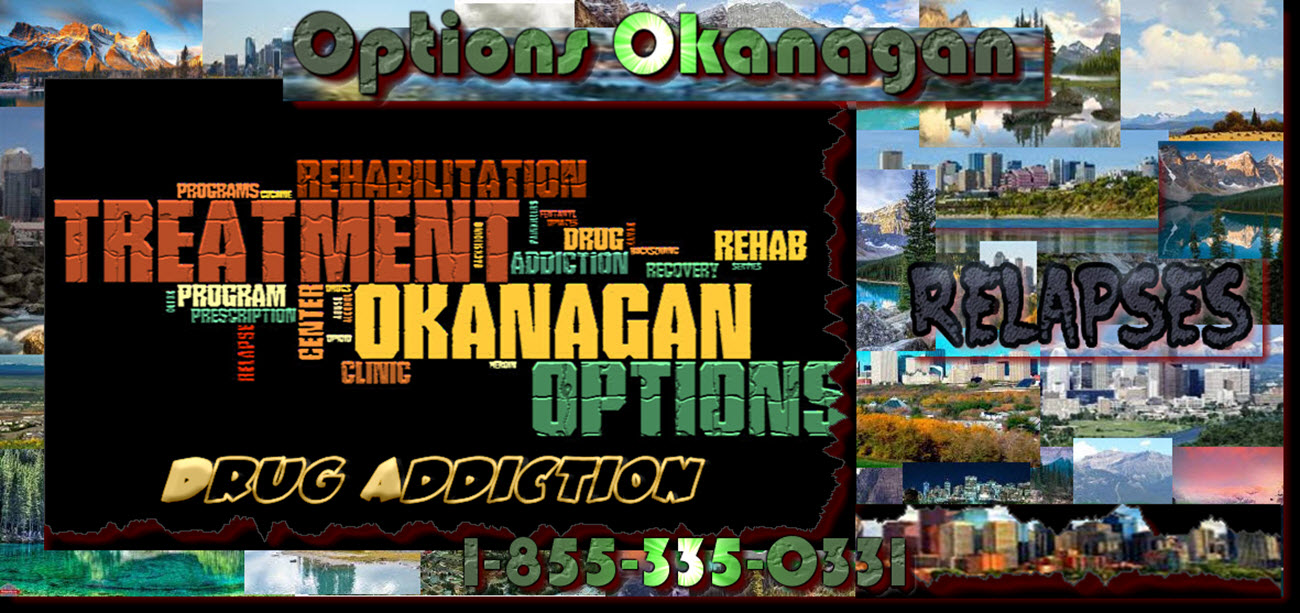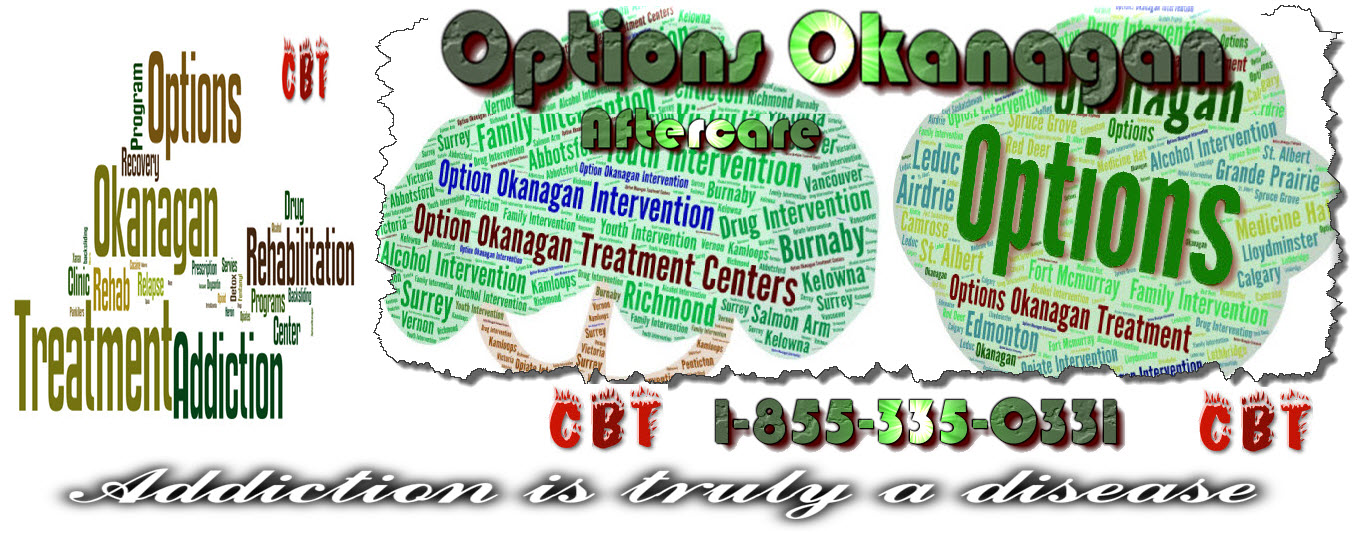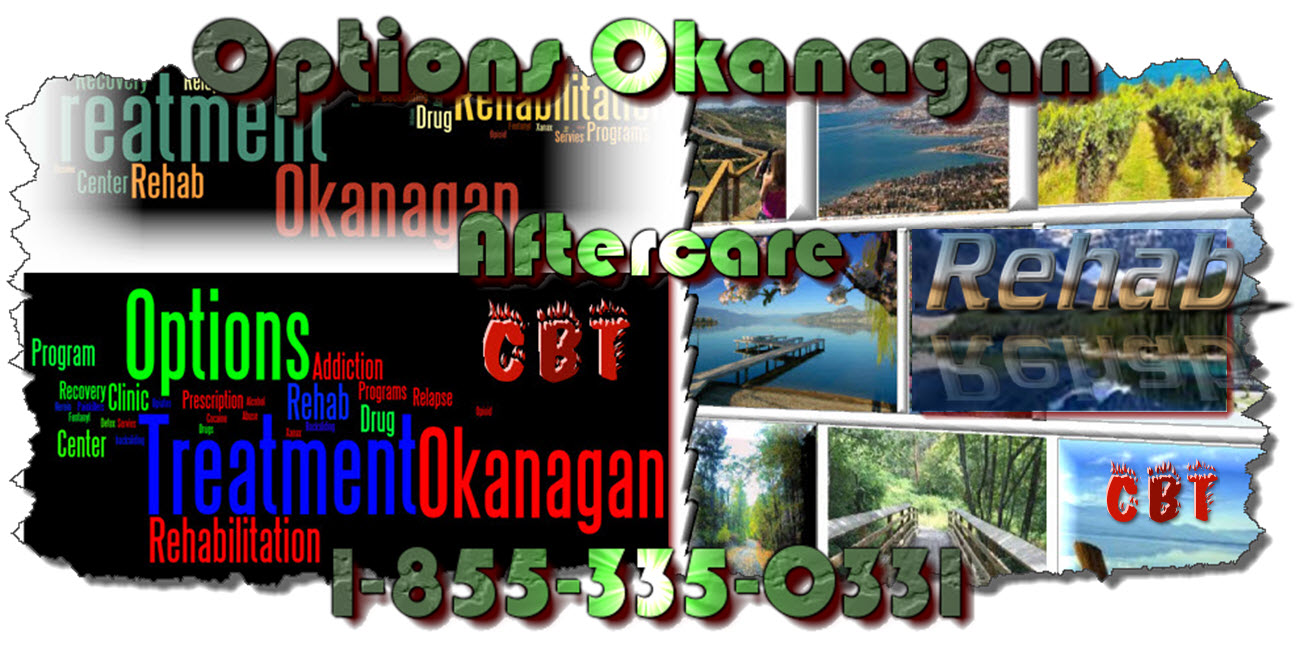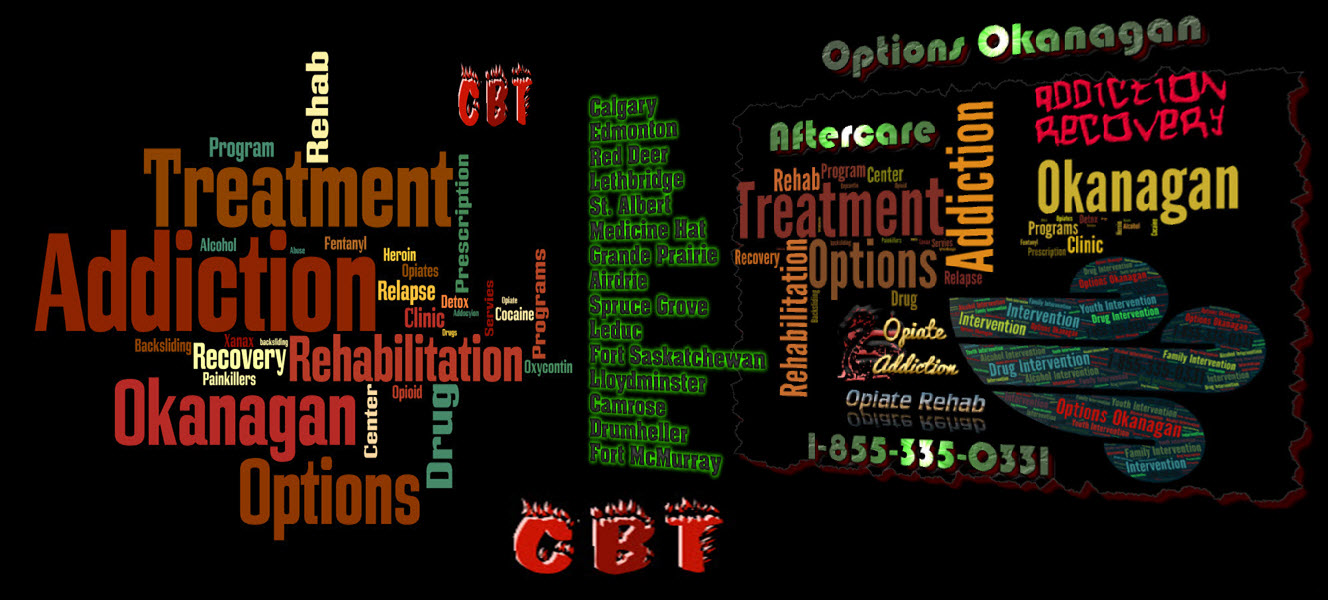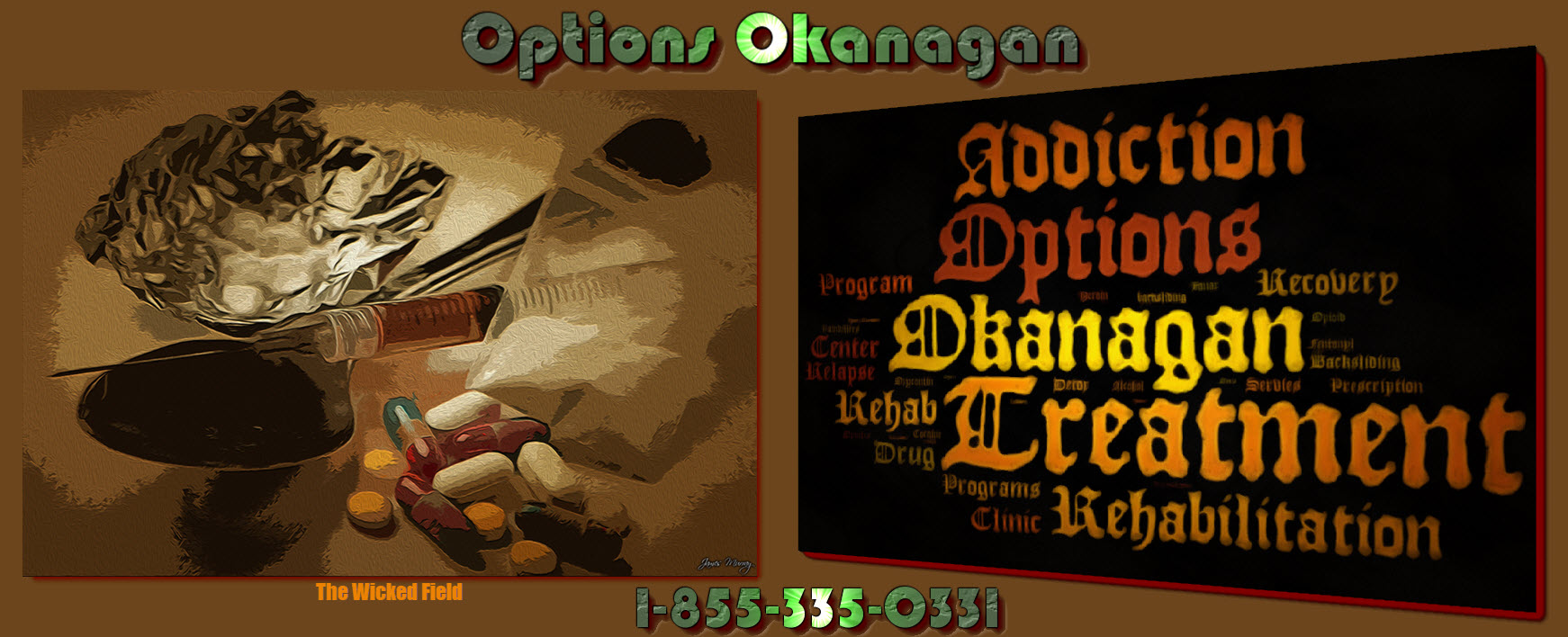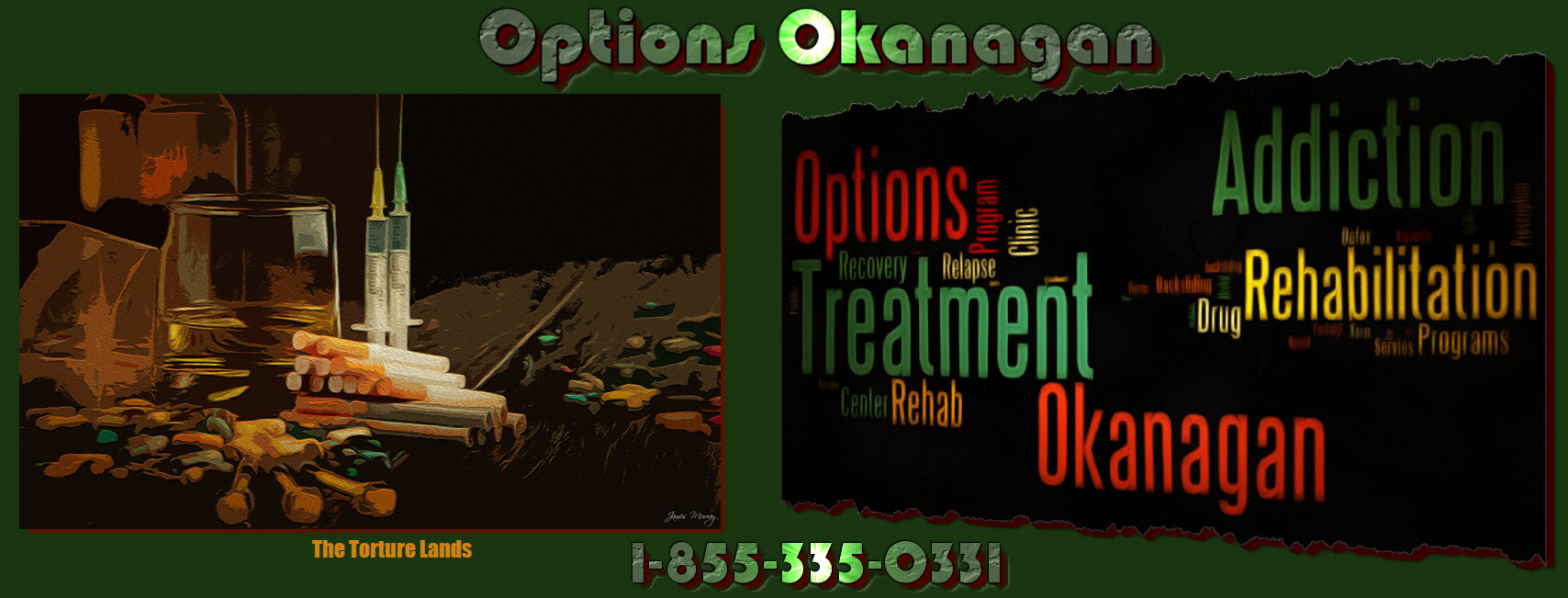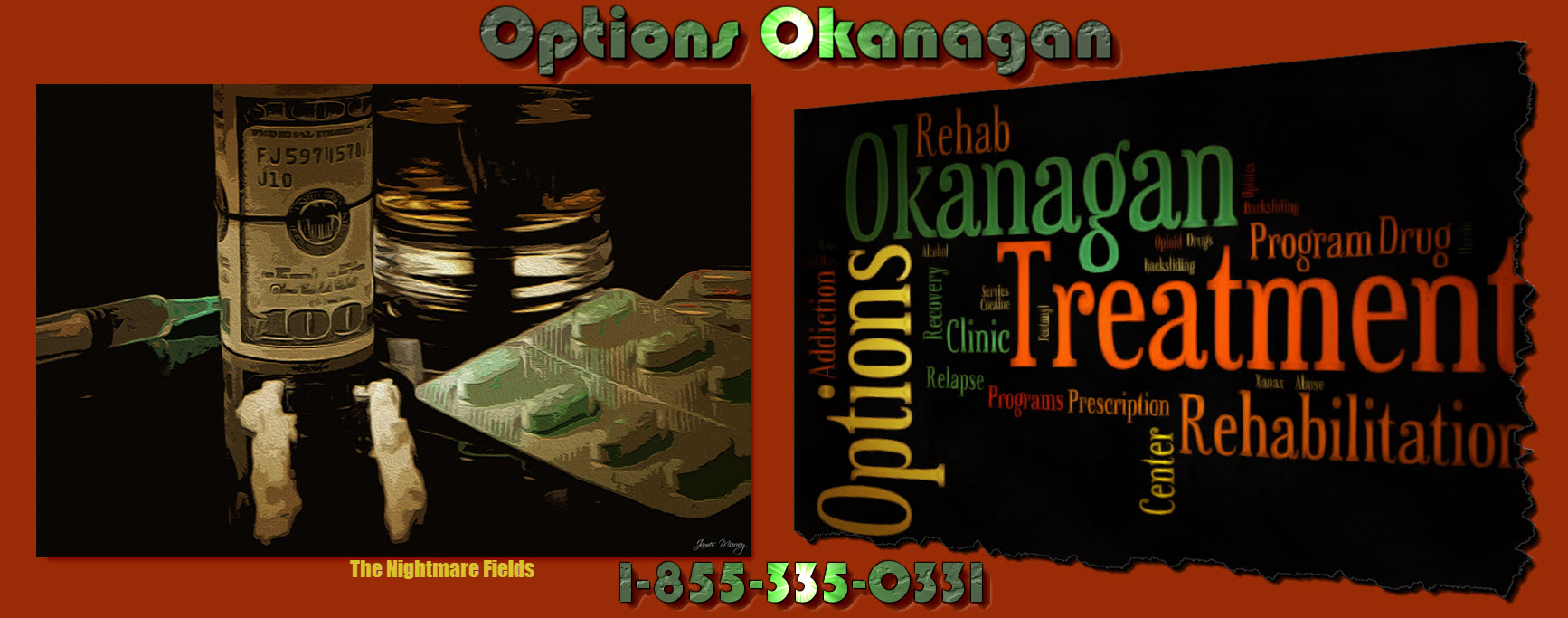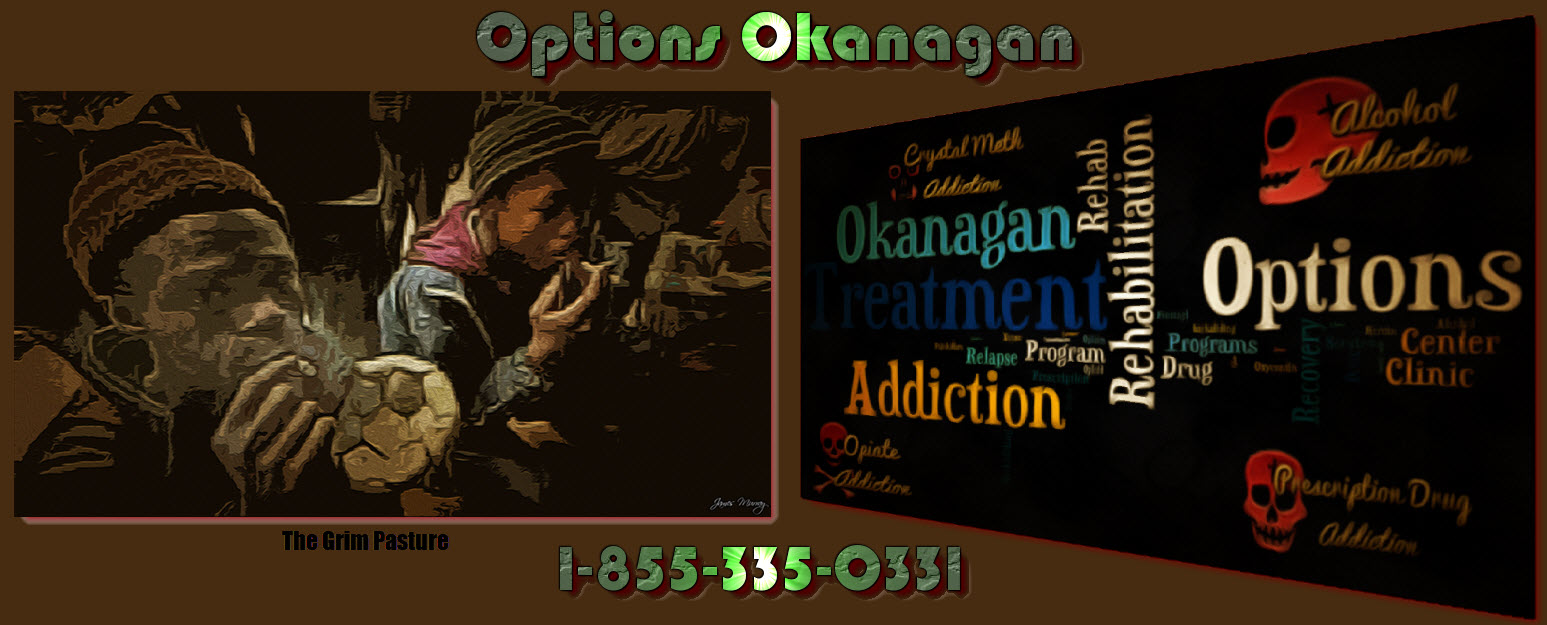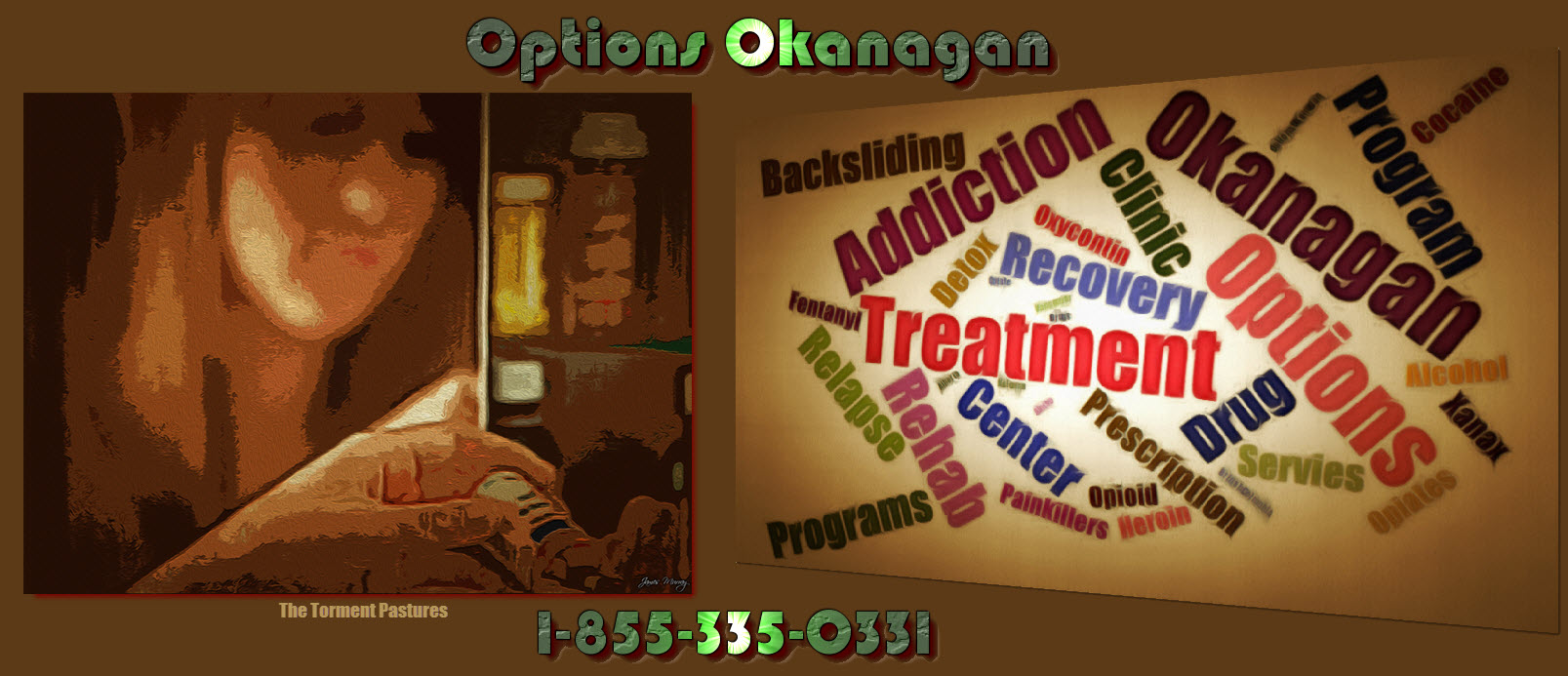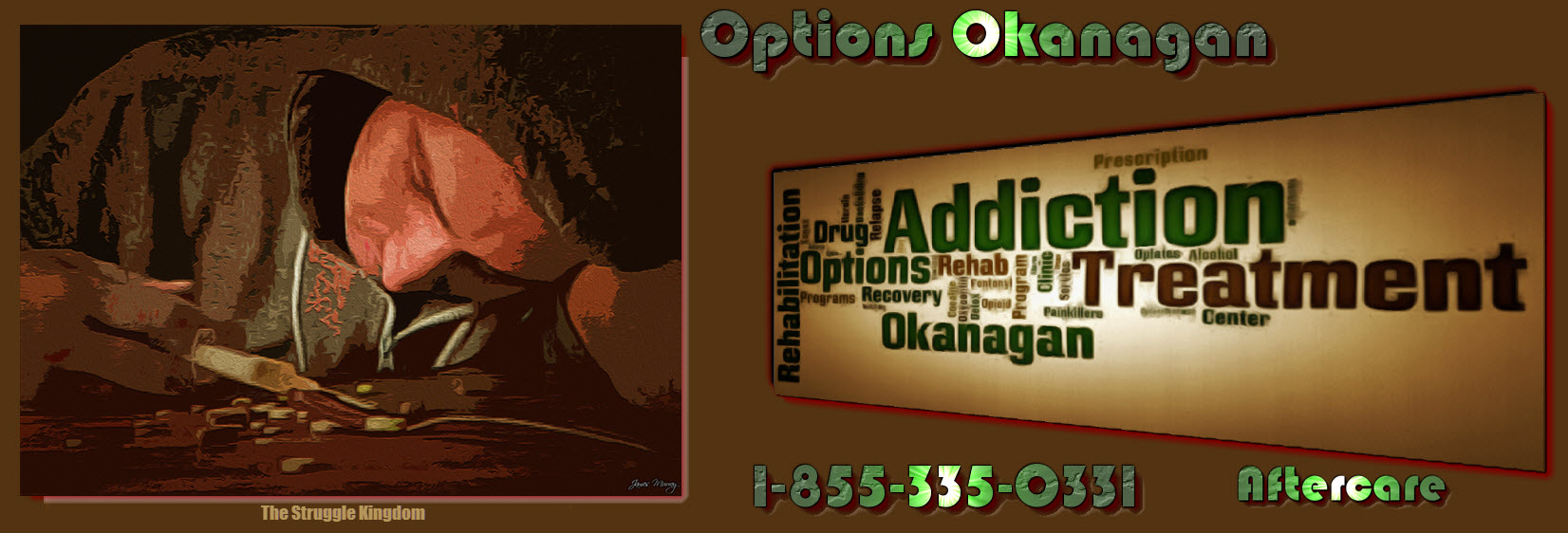The many benefits of support groups for a person’s mental health – Opioid and prescription drug rehabs in British Columbia and Alberta – Options Treatment Center in Kelowna, British Columbia treating prescription drug, opiate, fentanyl, heroin, and alcohol addiction and recovery.
Opioid Rehabs In Alberta And BC
In contrast to physical disorders, mental illness is often not recognized and difficult to identify in people. This makes it far more difficult to understand this medical disorder, which causes sufferers to believe that they are alone in their suffering and that no support is available. Their own beliefs are that there is no way to cure them and that they are too embarrassed to talk about their mental disorder.
This belief applies to the majority of mentally ill patients with difficulty finding care or comfort.
In response to these changing times and outlook, mental health support groups have been formed to tell patients that there are other people who have the same disorder as them, which causes them to seek treatment. These groups also make individuals feel that there is hope for their suffering and can motivate them to maintain their healing process. For some people, their group provides a support system that they do not have.
Mental health support groups and what exactly are they doing to help
A support group is a meeting of people with the same goals or interests. Translated into mental health support, this is a group of individuals who have similar illnesses and offer moral and emotional support to other individuals like them.
Commonly, these mental health support groups focus and specialize in certain situations. For instance, there is rarely a support group for depression that is also associated with schizophrenia. The need for this specialization rests on the fact that psychiatric disorders are a very complex subject that requires a certain direction.
Mental health support groups can be used in conjunction with formal and professional care and are often confused with group psychotherapy sessions. Group therapy is different from self-help groups because the first therapy requires a formal and educational framework. This forms a group of people with similar disorders and under the guidance of qualified psychiatric professionals.
Support groups can be created by anybody who needs to create this type of group or has a special interest in the services that the group can offer. These can be patients with certain mental disorders, family members of somebody who has a mental disorder, almost anyone. However, organized support groups are formed by mental health service providers, nonprofits, or mental health clinics. Often this type is controlled by a moderator who has sufficient expertise to qualify to lead the group.
Mental health support members are usually patients with mental illness. An individual with unipolar or bipolar disorder is usually found in a support group that focuses on this specific disorder or a broader disorder such as clinical depression.
The most popular format for mental health support groups is the Internet, which has a wider range of audiences and topics. However, the type of support that is personalized but very limited is person to person or by telephone. The lack of more personal support is a common disadvantage when joining online support groups.
Mental health support groups can enhance the professional care an individual receives, but the services a person receives from this group should not be treated as a substitute for their medical and psychological care. This support group can open an individual up to the realities and even give them brand-new hope, but keep in mind that treating mental health disorders is not just about desire or an individual’s will-power.
Options Okanagan Opiate and Alcohol Treatment Centers in Kelowna, Salmon Arm and Vancouver, British Columbia – Men and Women are recovering and healing from Alcohol and Drug Abuse at our treatment center here in the Okanagan right now.
Our unique and distinctive Opiate Drug and Alcohol treatment program allow men and women to come in from Calgary as well as Edmonton as we offer airport pickup.
Numerous clients come to us from Vancouver, Calgary, and Edmonton and other locations in Alberta and even other provinces for Opiate addiction treatment, heroin drug treatment, many other drugs, and alcohol addictions for rehabilitation because of the uniqueness of our treatment center.
Our (Kelowna) Alcohol and Drug Treatment Program Location:
(Not Mailing Address) – Contact Us – Web Page
For Mail Delivery :: Please contact each center for correct mailing addresses, also this location is the location of our residential treatment programs in Kelowna. Please call Toll Free 1-855-335-0331 – to contact the treatment center you are going to for the address and directions.
Options Okanagan Drug and Opiate Treatment Center
551 Sherrydale Crescent, Kelowna, British Columbia, V1V 2E6
Toll-Free Phone Number: 1-855-335-0331

 and Trauma Rehab Centers in Alberta and BC - Options Okanagan.jpg)
